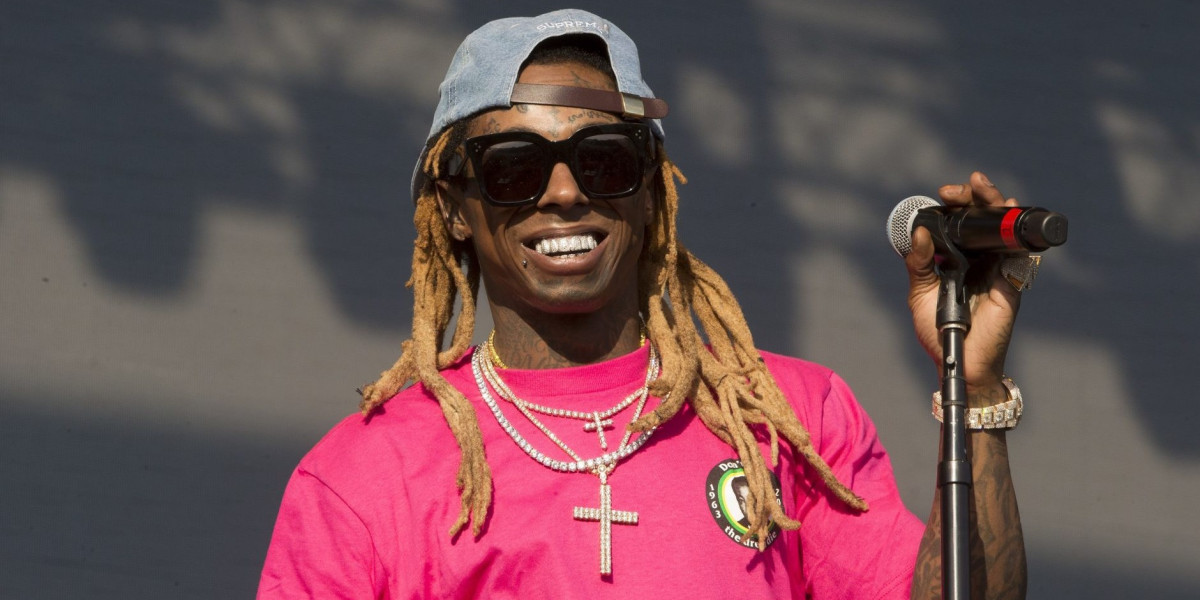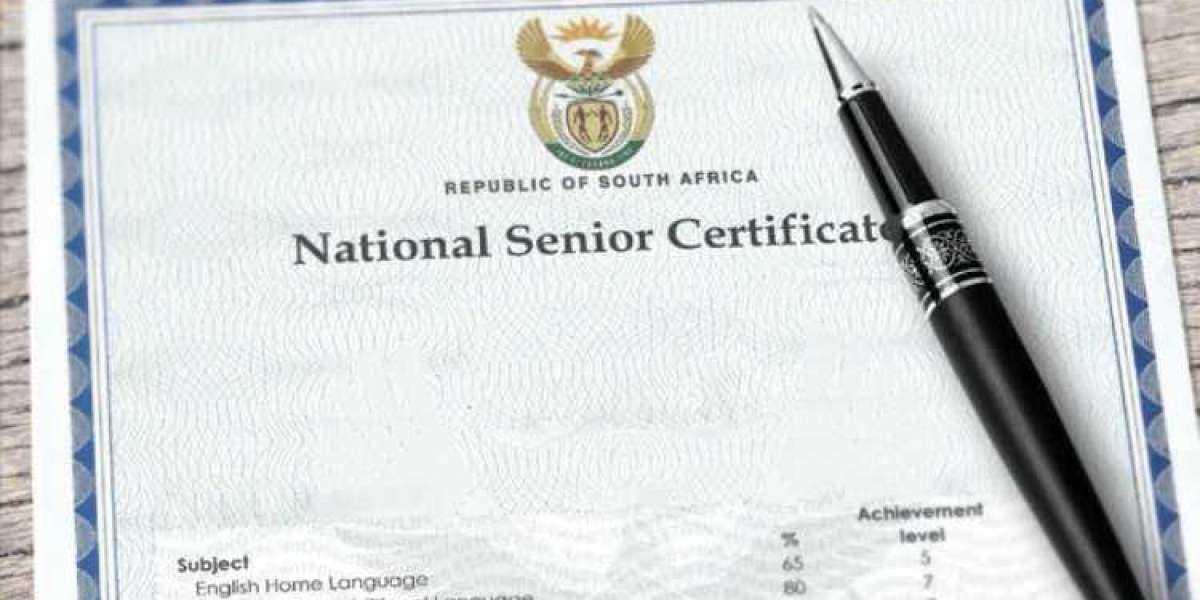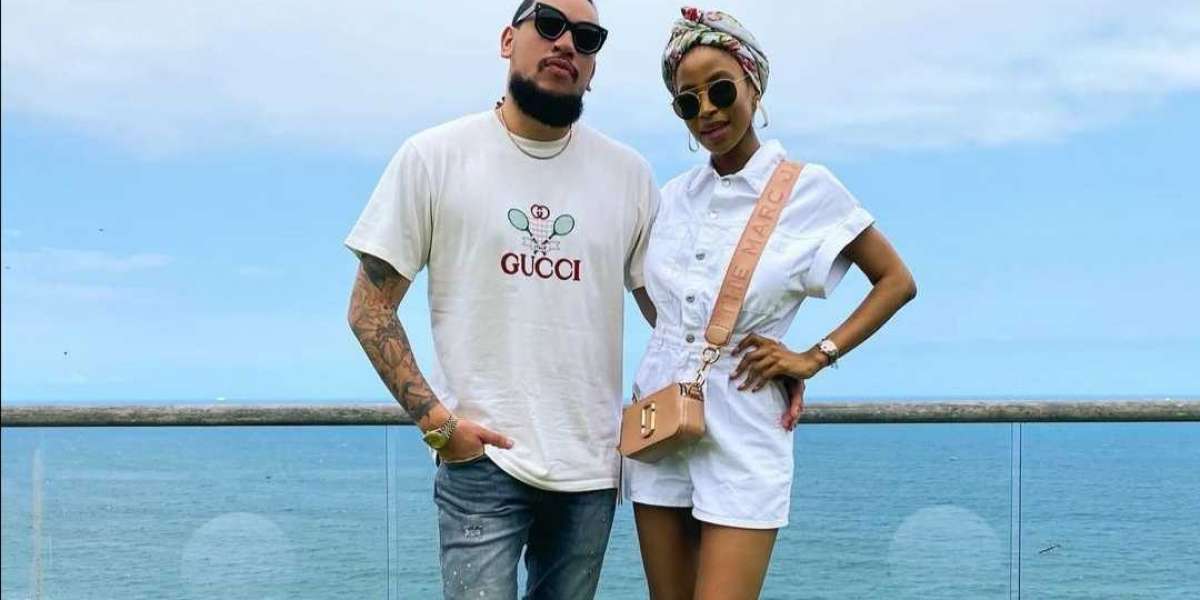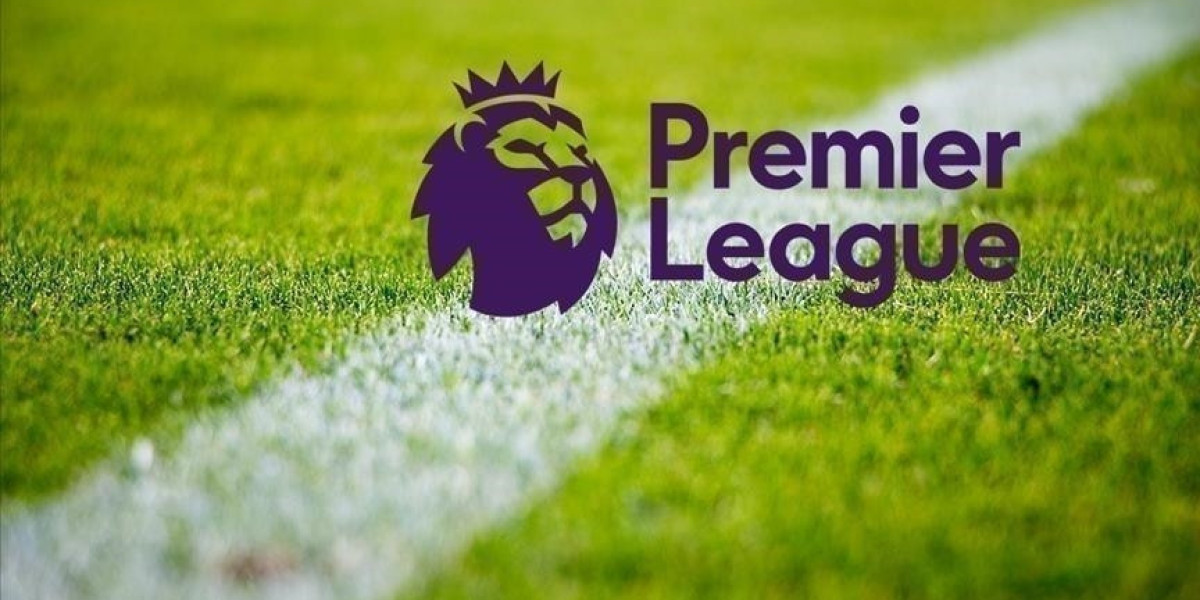Despite claiming a "drug-free workplace," questions arise about the legitimacy of the certification process and the oversight of funds intended to aid struggling music venues.
Lil Wayne, the renowned rap artist whose legal name is Dwayne Carter, finds himself embroiled in controversy following reports that his touring company, Young Money Touring Inc., secured a staggering $8.9 million loan from the Small Business Administration (SBA) under the Shuttered Venue Operators Grant program. This program, aimed at supporting financially distressed music venues during the pandemic, became a lifeline for many in the industry facing imminent bankruptcy.
In 2021, Lil Wayne's company submitted paperwork asserting a "drug-free workplace" policy, outlining stringent measures against drug use among employees, including potential punitive actions and mandatory rehabilitation for violators. However, recent revelations cast doubt on the veracity of these claims, as allegations surface suggesting that the certification process may have been circumvented.
Critics point to the expedited nature of the SBA's review process, which reportedly allowed only four hours for thorough assessments of applications. This rushed approach raises concerns about the agency's capacity to adequately vet applicants and ensure compliance with program requirements. Moreover, the SBA's acknowledgment that the drug certification process focused narrowly on company policies and omitted personal conduct, including that of high-profile figures like Lil Wayne, further underscores potential gaps in oversight.
Public health experts, such as Harold Pollack from the University of Chicago, highlight the disparities in how substance use is perceived based on social status. Celebrities, often afforded leniency for behaviors that would elicit harsher scrutiny for others, may benefit from a double standard in societal attitudes towards drug-related issues.
Notably, Lil Wayne's case is emblematic of broader challenges facing the distribution of pandemic relief funds, with reports indicating that a portion of the $200 million disbursed to A-list artists in 2023 went through NKSFB, a Los Angeles asset-management firm catering to celebrity clients. The revelation raises questions about equitable distribution and the potential for preferential treatment in allocating aid.
While the SBA remains tight-lipped regarding specific cases like Lil Wayne's, recent developments suggest ongoing efforts to monitor and audit grant recipients. Some funds have already been returned due to violations of the drug-free certification, although the agency clarifies that none of these recoveries are directly linked to Lil Wayne's situation. Nevertheless, the controversy surrounding his company's receipt of pandemic relief funds underscores the need for greater transparency, accountability, and equity in government assistance programs.








